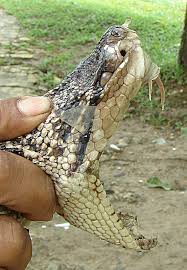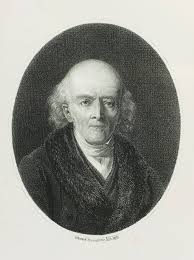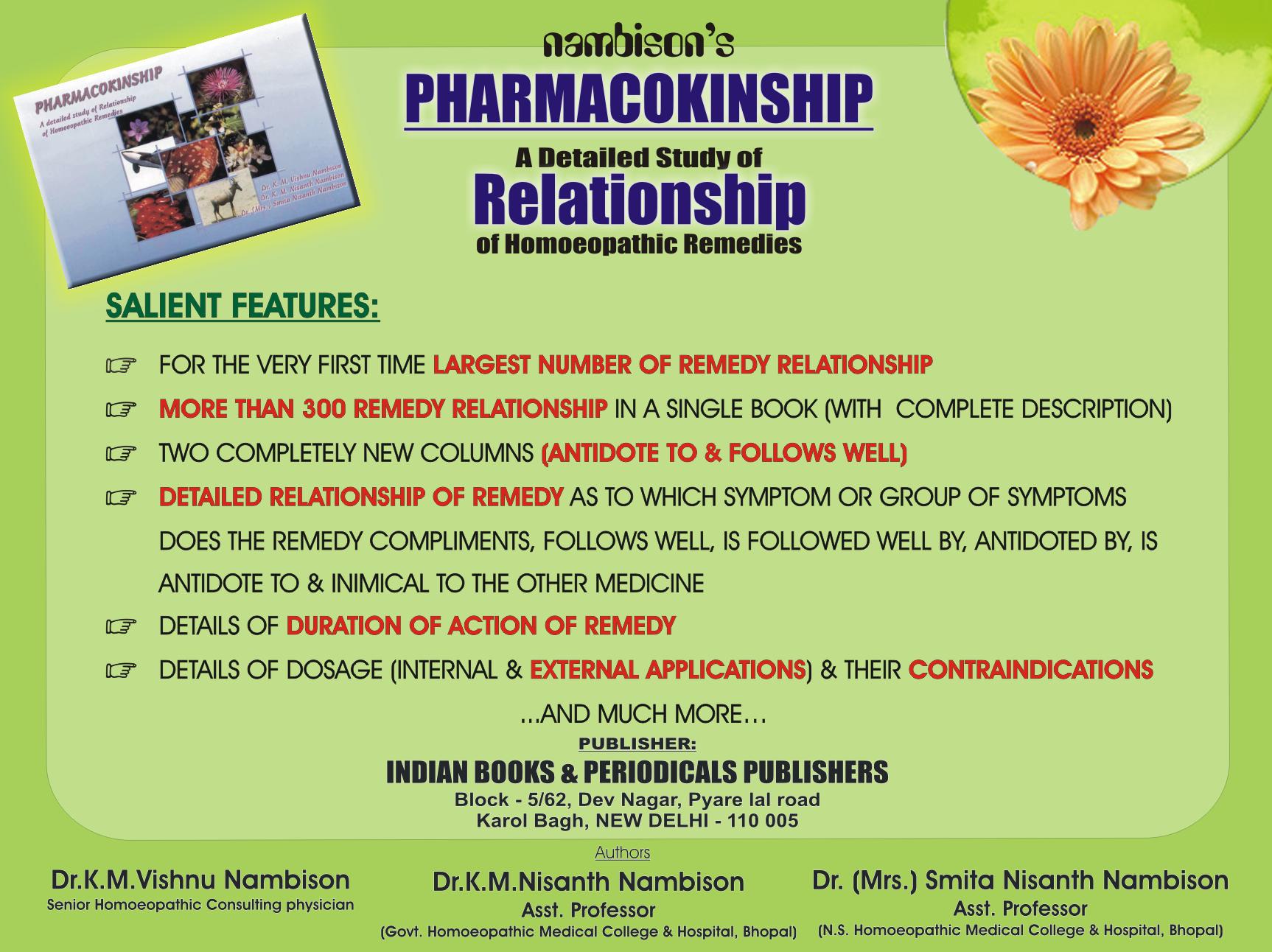
By C.M. Boger, M.D.
Pleurisy root is a general relaxant, increasing the secretions, the secretions, This is particularly true of the skin, mucous membranes and pleura. There are also certain myalgic manifestations. Often a gentle perspiration only appears, then again the sudiferous glands may be very active and pour out a profuse sweat; in either case the moisture seems very natural.
The intestinal secretions are also augmented, ending in a very characteristic diarrhoea. The provings show several kinds of stools, but the one most commonly met with in practice has an odor of rotten eggs (Chamomilla) and burns the anus like fire (Iris versicolor, Lycopodium) as it passes. It is generally of a dark color. I recently cured a diarrhoea of this kind in an aged man who had just passed through a long siege of pneumonia under allopathic care. It was interesting to note that as the diarrhoea improved he showed symptoms indicative of incipient pleuro-pneumonia, but it all passed away without any special event. You should know that when old symptoms reappear they had best be left alone as they will eventually pass away of their own accord and leave the patient in much better health. If you are imprudent enough to give a new remedy while the symptoms are leaving in the reverse order of their appearance, you will generally spoil the whole case and get the patient as well as your self into a lot of trouble. It also has stools like moss floating in water (Magnesia carbonica, Gratiola). It also has oily stools, leading one to think that it must have some effect upon the pancreas. Other remedies with this symptom are, Causticum, Picric acid, Phosphorus, Thuja, etc.
The main interest in Asclepias, however, centers about the chest. Very many cases of pleurisy and pleuro-pneumonia and some of the pleurodynia have been cured by it. In such instances the temperature is usually not very high, and the pulse is soft and compressible. There are various sorts of chest pains, none of which are especially noteworthy unless it be one of a cutting nature. It is usually sensitive externally, and the patient has a desire to sit up and lean forward. The cough is usually partly moist, and may not be painful. Like under Bryonia the cough often causes pain in forehead and abdomen, but the posture assumed in just the opposite. It is one of the drugs having diagonal pains.
It must always be remembered that the homoeopathic prescription is bases upon the combination of the symptoms and of their groups. When the groups containing the principal actions of the remedy are combined we may reasonably expect a good result, if the conditions agree, even if the symptoms given have not as yet been elicited in the provings of that particular remedy. In the case of Asclepias we have sweatiness combined with pleural and enteric symptoms, the former ameliorated by bending forward and the latter marked by burning discharges: when this combination is present your remedy is certain.




